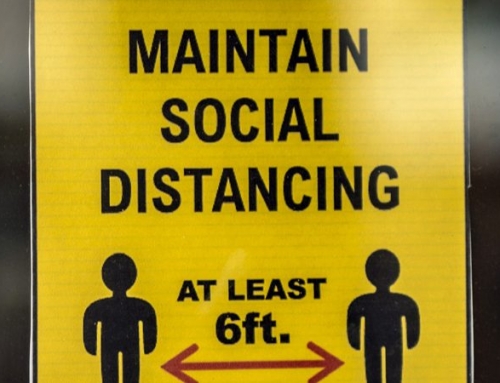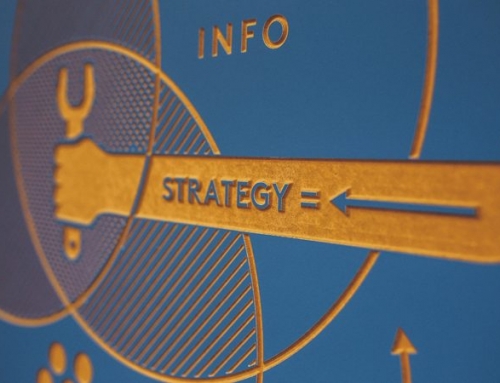This is an incredibly sensitive subject now, especially in the current, rather divided climate. The UK is still in the grips of Brexit negotiations, a move that has created a sense of unrest across the whole of Europe and beyond. The U.S is similarly unsettled, with factions from both the republican and democrat party currently at loggerheads. Though things may seem unusually tense now, this kind of situation isn’t new. Marketing products and services alongside political upheaval is a challenge, but it’s also something that’s been done successfully for generations. In this article we’ll explain how the world of politics can affect marketing, both online and offline.
Controversy can sell well
It’s not an especially ethical approach, but controversy does generate hits. The recent Gillette advert that took a swipe at the #metoo movement was equally reviled and celebrated, often depending on which side of the political you fence were residing. Though it’s not officially a right-wing brand, Gillette garnered the attention of many republicans and conservative voters with this move and equally, ruffled a lot of feathers in some of the other parties. The outcome of this was naturally, an increase in sales over time. It may not have been a particularly well-judged campaign in terms of cultural sensitivities, but it did increase their exposure significantly.
Ethics matter more to people now
At the end of the last century, there was still a conspicuous hangover from the much maligned “greed is good” period of history. Over time, consumers have changed their perspectives on things like natural resources, climate change and the treatment of animals. Typically, the parties on the left of the political spectrum are seen to be more concerned with these issues, though there are now supporters of this softer, more human approach to marketing on both sides. Companies need to appeal to their customer’s sense of civic duty and charity, as well as their desire to own the things they want.
Satire can be a double-edged sword in marketing
Political satire is the realm of Saturday Night Live, but if done well (and very carefully) it can also be a great marketing tool. Arnold Schwarzenegger successfully used his celebrity and political status to help promote a PPI campaign in the UK, which lampooned not only his roles in classics such as total recall and The Terminator, but also his staunch dedication to alerting the general public to climate change. Many people criticised this campaign as being rather cynical, but from a marketing perspective, it was very effective. The light-hearted tone and tongue in cheek production values meant that it couldn’t have been taken too seriously.
You don’t have to pick a side
In many cases, it’s a lot better if you don’t. There aren’t many products that are deliberately aimed towards one political persuasion or the other, so revealing your allegiance can result in an immediate loss of potential customers. Instead, engaging with current events such as upcoming elections or impeachment hearings in an objective, nonpartisan way can mean that you can capitalise on the exposure these news stories may bring, without having to give a strong opinion either way.
Learn from The Mistakes of Others
Pepsi famously dropped the political ball with their campaign that featured an attractive young woman, drinking a can of their eponymous soft drink in the middle of an emotionally charged protest. Though the intention behind the ad wasn’t malicious, many groups criticised Pepsi for trivialising a serious issue and trying to capitalise on a period of civil unrest. Though shock tactics can be effective, as we have said in the past, they can also be extremely risky. Sticking to comedy or less incendiary topics based around politics is usually a safer approach.
Working with political groups directly
Some marketing agencies do create content for political groups directly, though this is a very different process to designing a campaign for a soft drinks company or a brand of sneakers. Messages in this campaign can be stark, vivid and extremely controversial. A pro remain group in the UK have recently super imposed the reclining figure of Jacob Reese Mogg on to a statement that questions the validity of his political party’s position on truth telling. This kind of work is usually carried out quite quickly and won’t generally appear in your portfolio, unless you are deliberately trying to present yourself as a “disruptive” or agitating influence.
Graphic Design in Political Marketing
This is a particularly overlooked area when it comes to politics but the logos and designs the parties use play a significant role in how people perceive the politicians that represent them. The trends are as you might expect with republican and conservative candidates preferring a more traditional, understated approach. Colours are especially important in this kind of work as the reds and blues that have come to represent each side of the political spectrum are now firmly entrenched in the subconscious of practically every voter out there.
The Boundaries Constantly Shift
The term “political correctness” is not viewed in a positive light by many people, but it accurately describes the practice of regulating what is acceptable to communicate publicly and, what is not. Certain words, phrases, expressions and even hand gestures have recently been identified as being too problematic for common usage. Being aware of developments like this is critical if you want to stay on the right side of your audience. Many advertising campaigns have failed spectacularly because they offended the sensibilities of the people, they were trying to sell to by failing to scan their content for any potentially problematic messages. There will never be a sense of total equilibrium when it comes to politics and marketing and in many ways, pushing the boundaries is still an important function of the most daring campaigns. That said, if your content lands on the wrong side of the political correctness boundary, you can expect the worst.






